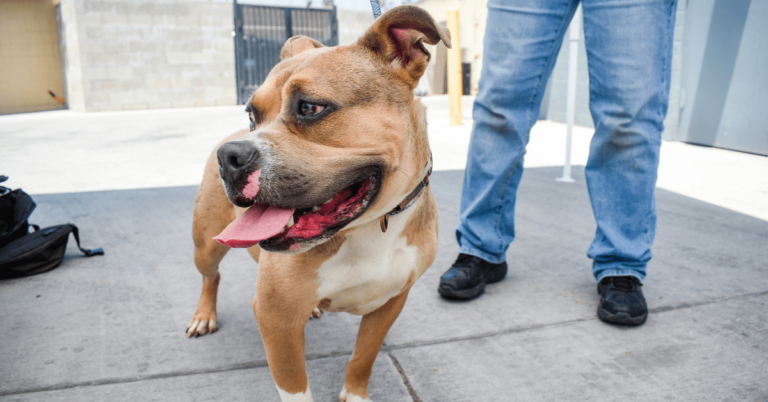Can Dogs Eat Grapes?

Dogs cannot eat grapes. Dogs can’t even eat the fruit in moderation as grapes are highly toxic for our doggy buddies. It is also super important that your dog never eat raisins, which are, of course, dried grapes. If your dog ever ingests this fruit, you need to immediately call your veterinarian. Some dogs are fine after eating grapes, while others can go into kidney failure or die, so it’s crucial that you contact your vet as soon as you notice your dog has had grapes.
Are Grapes Bad for Dogs?
Grapes are very bad for dogs, even in small quantities. Research hasn’t pinpointed the exact toxic agent that makes this fruit so poisonous for dogs, but veterinarians believe it is contained in the flesh of the fruit. This is important to know because it means that even peeled or seedless grapes are still toxic for our canine pals.
Signs and Symptoms of Grape and Raisin Poisoning in Dogs
Raisin and grape poisoning in dogs can come with a range of different symptoms. Your dog might develop some combination of the following symptoms:
- Diarrhea
- Vomiting
- Lack of appetite
- Fatigue
- Weakness
- Quietness
- Bad breath
- Anuria (no longer peeing)
- Oliguria (only peeing a small amount)
- Dehydration
- Tremors
- Abdominal pain
- Mouth ulcers
- Seizures
- Coma
If you notice any of these symptoms in your pet, call your veterinarian immediately!
Treatment for Grape and Raisin Poisoning in Dogs
As soon as you suspect your dog has eaten any amount of grapes or raisins, you need to call your veterinarian or an animal emergency hospital. Time is of the essence, so it’s important to act fast!
Depending on your dog’s condition, your vet may or may not advise you to induce vomiting. This prevents all of the toxins in the fruit from being absorbed. Whether or not your dog vomits, take your pet to a veterinary facility as soon as possible! Your veterinarian may perform a gastric lavage or administer activated charcoal. Your dog might also be hooked up to an IV to encourage healthy kidney function or be given medication. Extreme cases might even require a kidney transplant.


